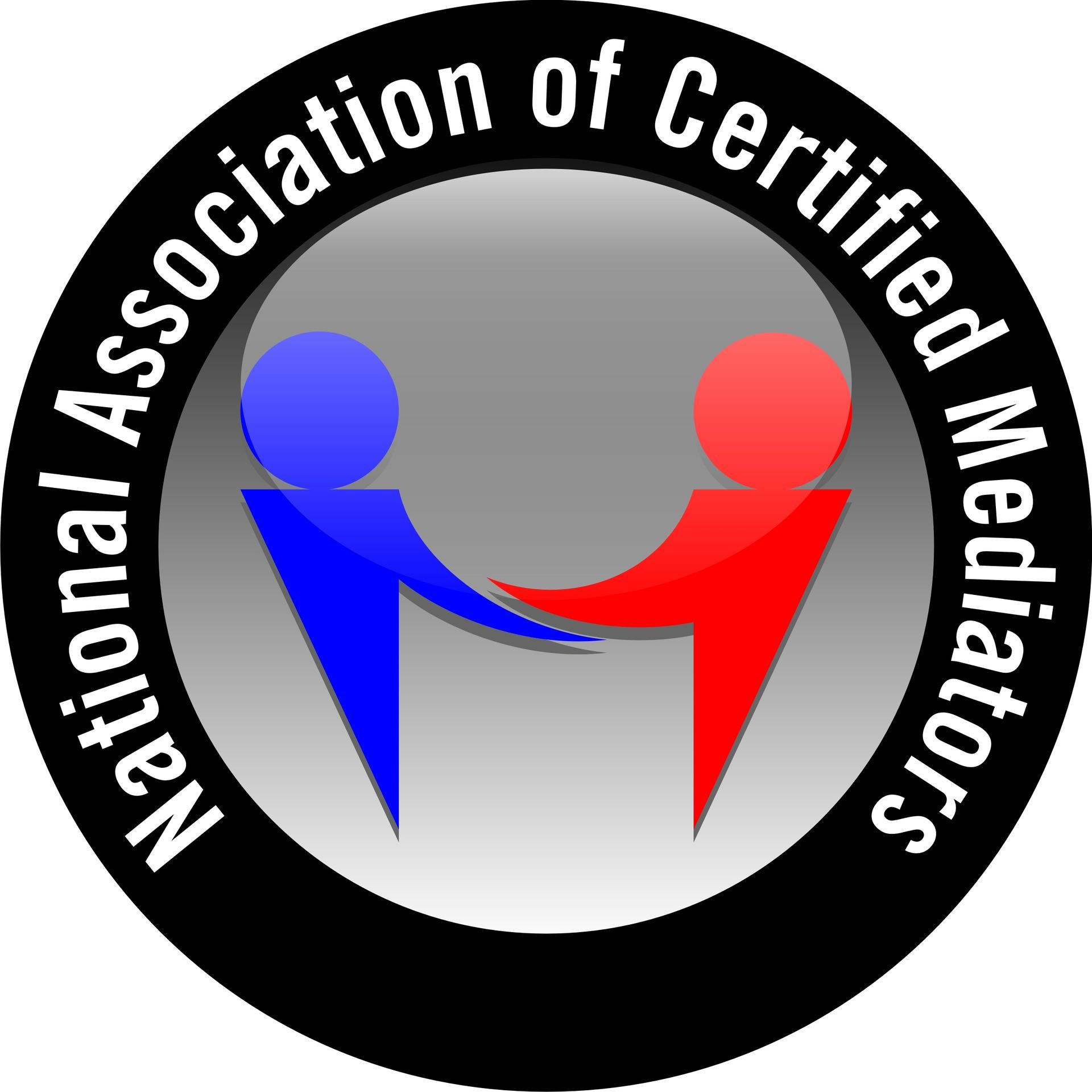Client Login
×402 King Farm Blvd #125-1033, Rockville, MD, 20850
240.243.3016
hlinfo@hairstonlawlegal.com
***NEW Law PWFA Compared to Maryland's Pregnancy and Childbirth Disabilities Statute
On December 30, 2022, President Biden signed Pregnant Workers Fairness Act ("PWFA") into law and it goes into effect on June 27, 2023. The new law requires covered employers to provide reasonable accommodations to a worker's known limitations related to pregnancy, childbirth, or related medical conditions, unless the accommodations will cause the employer an "undue hardship".
This new law will not replace existing federal, state, or local laws that are more protective of workers affected by pregnancy, childbirth, or related medical conditions. But it will fill in the gaps when existing law does not address certain situations. Because Maryland already have law that requires employers to provide reasonable accommodations for pregnancy or childbirth, this Blog will compare Maryland's law to the new PWFA so you can be aware of when and what accommodations you are required to provide to your employees.
Happy Reading ☺️
Md. Code, State Gov't 20-609
Maryland's Disabilities due to Pregnancy or Childbirth statute requires employers to give reasonable accommodations to an employee's disability caused or contributed by pregnancy. Such disabilities are to be treated as temporary disabilities for all job related purposes; and shall be treated as temporary disabilities under any health or temporary disability insurance or sick leave plan available in connection with employment. Generally, for an employee's pregnancy or childbirth complication to be considered a "disability", the complication must substantially limit a major life activity, as required under the Rehabilitation Act, Americans with Disabilities Act and Maryland Employment Discrimination Law.
💎 PWFA: While the U.S. Equal Employment Opportunity Commission ("EEOC") has not yet issued regulations to carry out the law*, it doesn't seem like an employee must have a "disability", just a "known limitation". According to Bill H.R. 2617-1626, the term "known limitation" means physical or mental condition related to, affected by, or arising out of pregnancy, childbirth, or related medical conditions that the employee or employee's representative has communicated to the employer whether or not such condition meets the definition of disability specified in the ADA.
Scope of Reasonable Accommodations
Under Maryland's statute, reasonable accommodations are required unless accommodations will cause undue hardship to the employer (similar to the new PWFA). Reasonable accommodations, according to Md. Code, State Gov't 20-609 include the following**:
- changing the employee's job duties;
- changing the employee's work hours;
- relocating the employee's work area;
- providing mechanical or electrical aids;
- transferring the employee to a less strenuous or less hazardous position; or
- providing leave.
💎 PWFA: The EEOC has provided some guidance on what type of accommodations are available for pregnant or childbirth conditions. Those include:
- the ability to sit or drink water;
- receive closer parking;
- have flexible hours;
- receive appropriately sized uniforms and safety apparel;
- receive additional break time to use the bathroom, eat, and rest;
- take leave or time off to recover from childbirth; and
- be excused from strenuous activities and/or activities that involve exposure to compounds not safe for pregnancy.
Has you can see, PWFA does allow for more accommodations then Maryland's existing law.
Employer Prohibitions 🙅🏾♀️
Maryland employers may not interfere with, restrain, or deny the exercise of, or the attempt to exercise, any right provided under the Disabilities due to Pregnancy or Childbirth statute.
💎PWFA: Under the new law, employers cannot (1) require an employee to accept an accommodation without discussing the accommodation with the employee; (2) require an employee to take leave if another reasonable accommodation can be provided that would keep the employee working; or interfere with any employee's rights under the new law.
Under both laws, remedies are available for employers that violate those prohibitions.***
Employer Posting Requirements
Pursuant to Maryland's statute, employers shall post in a conspicuous location, and include in any employee handbook, information concerning an employee's rights to reasonable accommodations and leave for a disability caused or contributed to by pregnancy.
💎PWFA: The EEOC revised the "Know Your Rights" poster**** (dated June 27, 2023) to include the new PWFA. Employers are required to post the revised poster in a conspicuous location in the workplace where notices to applicants and employees are customarily posted, within a reasonable time after June 27, 2023.
✨ Best Practice: Both laws should be included in any employee handbook!
Are You READY
Is your company prepared to accommodate employees under either the new PWFA or Maryland's Pregnancy and Childbirth statute? If not, contact Hairston Law today to ensure your compliance.
Thanks for Reading and don't forget to share💕
-------------------------------------
* EEOC will post a proposed version of the PWFA regulations for public input and comment before regulations become final, possibly within the next two years. HL will keep an eye out and notify clients of publication.
** Additional requirements for some accommodations do apply.
*** PWFA remedies have not been determined yet.
**** A copy of the revised poster can be downloaded from the EEOC website.
Legal Disclaimer: this Blog is made available by Hairston Law, LLC for educational purposes only as well as to give you legal updates and a general understanding of employment and business law related topics, not to provide specific legal advice. By using this Blog you understand that no attorney-client relationship is formed between you and Hairston Law, LLC. This Blog should not be used as a substitute for competent legal advice from a licensed attorney in your state.


